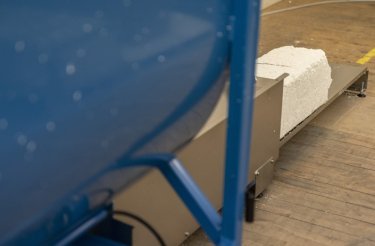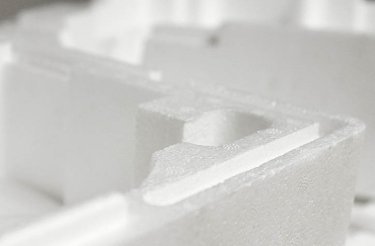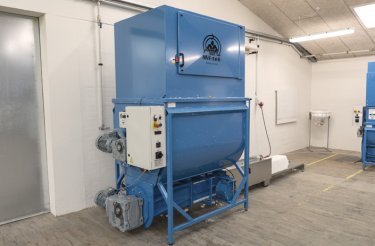
Is EPS polystyrene recyclable?
Learn all about whether EPS Polystyrene is a recyclable material or not, with our expert article on the topic, brought to you by Mil-tek.
Is EPS polystyrene recyclable?
Almost every industry heavily depends on expanded polystyrene (EPS) owing to its wide range of physical properties. Its durability, strength, lightweight, shock absorption, and thermal insulation characteristics provide superior advantages over other materials. Together with the appropriate engineering design considerations, these properties offer the design flexibility needed to produce protective and cost-effective packaging, home insulation, and more.
The EPS polystyrene market is growing, generating worries about how much will be disposed of at landfills. Sending it there is a lifetime sentence because EPS is very slow to biodegrade. However, since it takes up less than 1% of the total municipal solid waste generation by weight, the problem resides in the volume it consumes. It can’t decay quickly in nature, and unsustainable disposable practices can lead to increasing white pollution, meaning that the industries using it must treat EPS polystyrene waste seriously.

EPS polystyrene is 100% recyclable
Many may not know this, but EPS polystyrene is 100% recyclable and is recycled by consumers and businesses globally. After being compacted, it is used to create a variety of other goods and products. EPS resulting from any industry can go into the process. While it can’t be used to create cups, foam trays, or other products that come in contact with food, it serves different purposes, like making outdoor furniture, window frames, roofing tiles, seedling containers, and many more. When blended with compost and soil, it helps promote aeration, and when combined with plastic, it can be used to make the decking. It can also be used with concrete to make prefabricated concrete blocks, which is why it is popular in the construction industry.
While EPS polystyrene is highly recyclable, it is a challenging job at the consumer level, especially if local authorities aren’t stepping in to help. Preferably, it should be separated before being thrown into the waste stream to avoid contamination.

“Friendly-to-nature” disposal
Businesses, on the other hand, have greater control. They can use EPS recycling compactors to implement both cost-effective and sustainable practices. These compress bulky foam waste and repurpose it, making it easier to transport and recycle, or even bringing revenue for the business.
Although biodegrading takes a long time, the advantage of recycling is that EPS polystyrene can be repurposed and used again and again, reducing plastic waste.
At the end of the day, regardless of how much EPS polystyrene is used, it all comes down to disposing of it in a way that is friendly to nature. To contribute to sustainable efforts worldwide and reduce carbon emissions, little steps like recycling when possible can go a long way.

What do you want to compact?
Contact us if you want to hear more about how Mil-tek can help your company optimize your waste management.
We will get in touch as soon as possible.